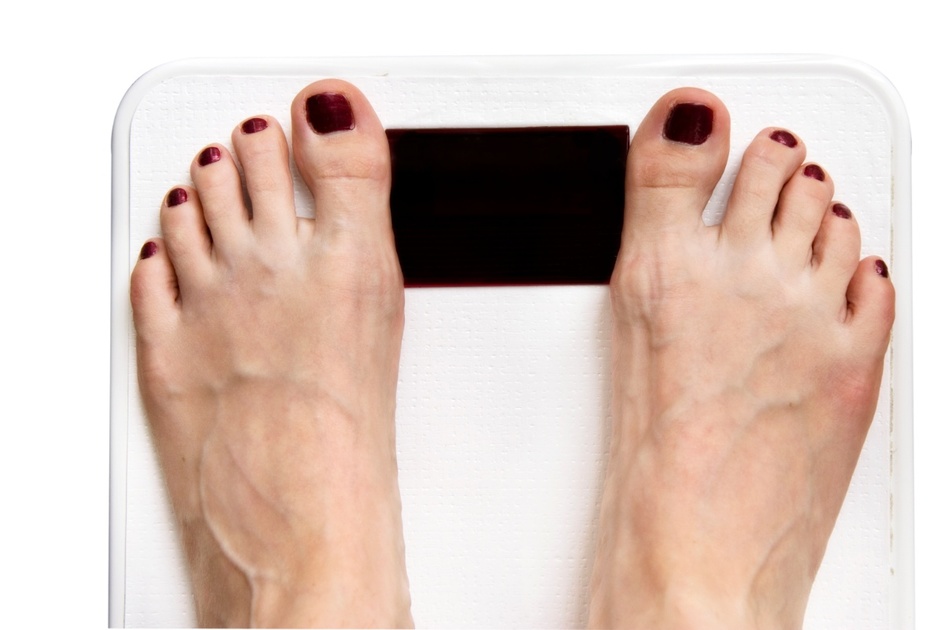
Dear Therapist:
I am a sixteen-year-old girl, and I hope you can help me with my struggle. I will go straight to the point. I feel extremely uncomfortable in my skin; I feel very blown up and fat. I know that maybe that's not how I look, but this is how I feel. I badly want to be (super) thin. My family thinks and says I am thin. Whenever I go hungry I don't have this uncomfortable pit in my stomach. Yet I know it's an unhealthy thing to do. Whenever I go out to school or someplace else, I don't eat, thus feeling slightly better. But, when I'm home, and I feel no pressure I do eat because I want to be healthy, and it causes me to become very anxious and upset with myself. So, dear therapists, maybe you have some advice. I have tried talking to a few therapists; however, it didn't help. I feel like anyone who didn't go through this cannot fully understand it. Is this something that needs to be addressed in a support group? What advice and guidance can you offer me?
Response:
Firstly, I would like to disclose that I do not specialize in eating disorders. In addition, I do not have enough information to hazard an opinion as to diagnosis. That being said, it sounds like you may be struggling with anorexia. Even if your symptoms do not yet fulfill the criteria necessary for an official diagnosis, you are clearly struggling with illogical feelings and thoughts about your appearance. You are also “treating” these feelings in an unhealthy way—by giving in to them by withholding food from yourself.
You seem to be saying that objectively and intellectually speaking you are not fat—but you feel that you are. There are times when you do not eat although you recognize that you should. It’s definitely a good sign that you are able to push yourself to eat at home. The anxiety and other negative feelings caused by this, however, may become increasingly difficult for you to endure. This can lead to decreasing nutrition, in turn leading to various health issues. Anorexia is a very serious disorder that can lead to death.
Have you thought about the underlying causes for your seemingly inaccurate beliefs? Do you generally have low self-esteem? Did you when you were younger? When you first began feeling this way about your body, were you in an insecure place, struggling with self-identity? These are some of the things that you might address in therapy. Regardless of the type of therapy (individual, family or group), understanding some of the unconscious motivations behind your feelings can help you to become healthier.
It is extremely important that you seek the proper help at this time. If you wait until your problem is more severe, it will likely be exponentially harder to correct it. Please find an expert in the treatment of eating disorders so that you can treat this problem in its early stages.
Yehuda Lieberman, LCSW
psychotherapist in private practice
Brooklyn, NY | Far Rockaway, NY
author of Self-Esteem: A Primer
www.ylcsw.com / 718-258-5317

 Previous
Previous
